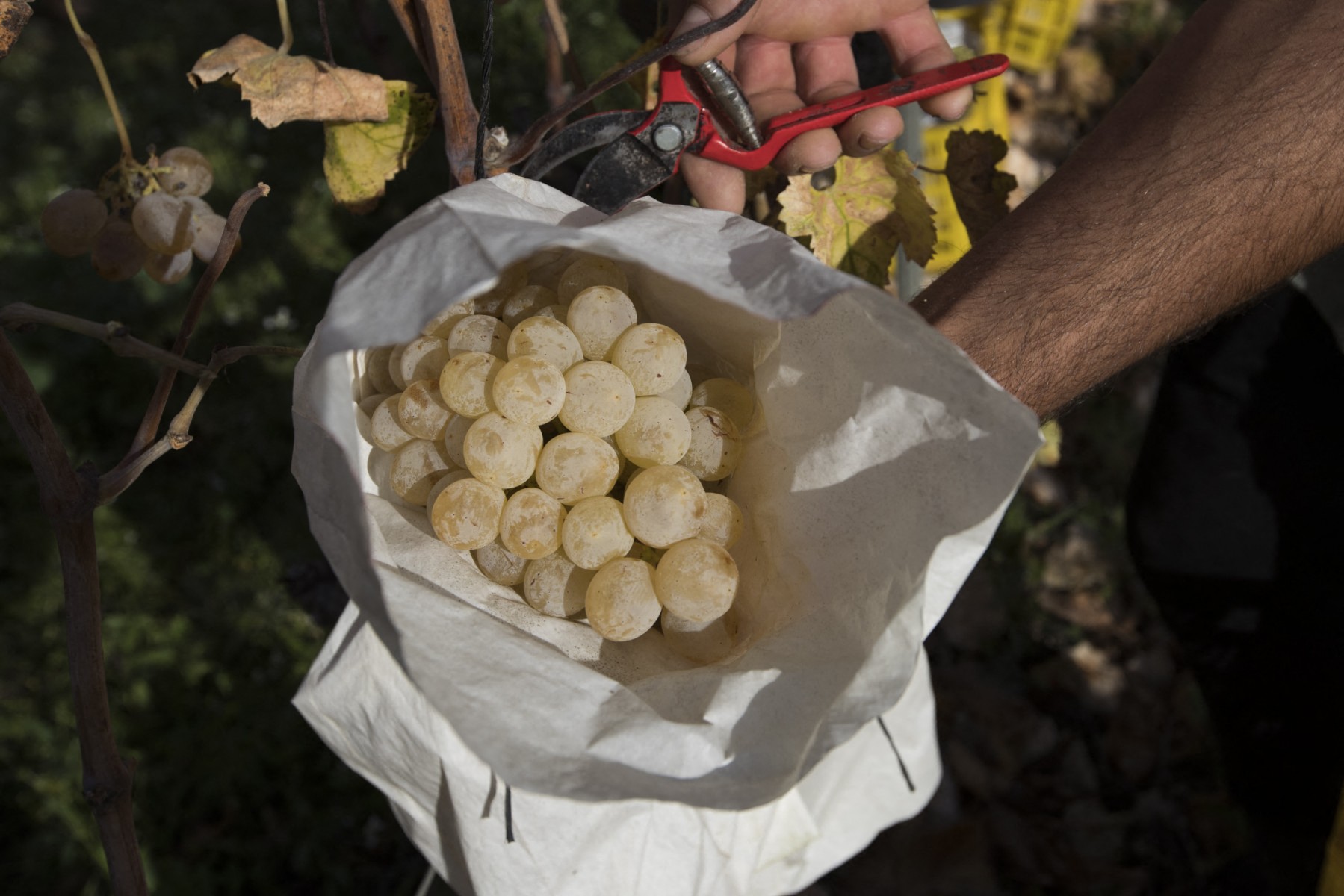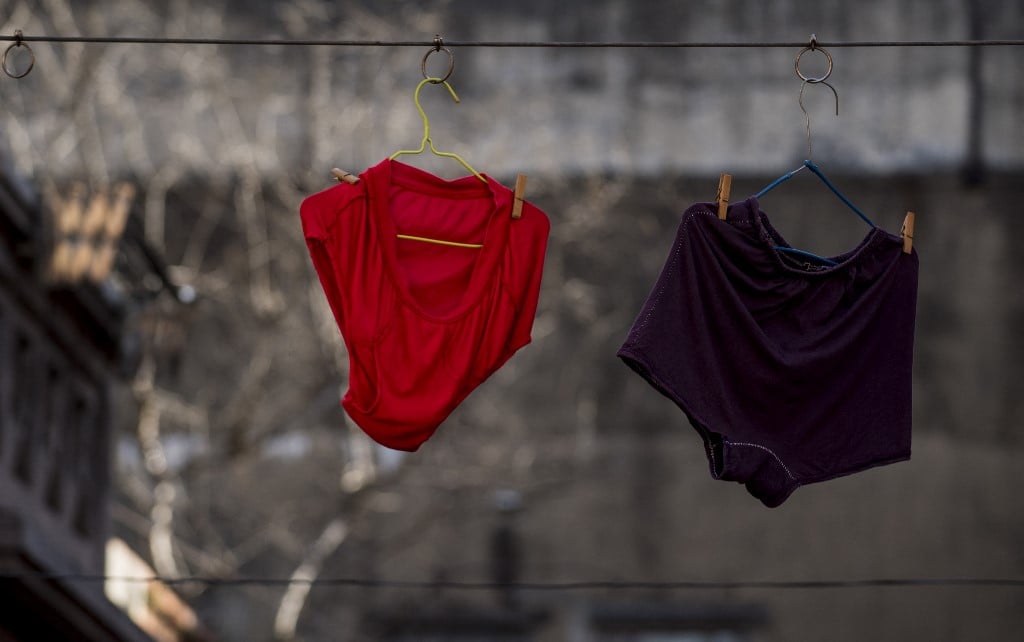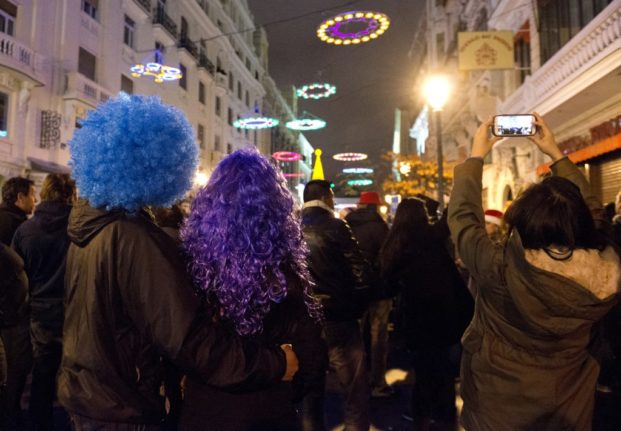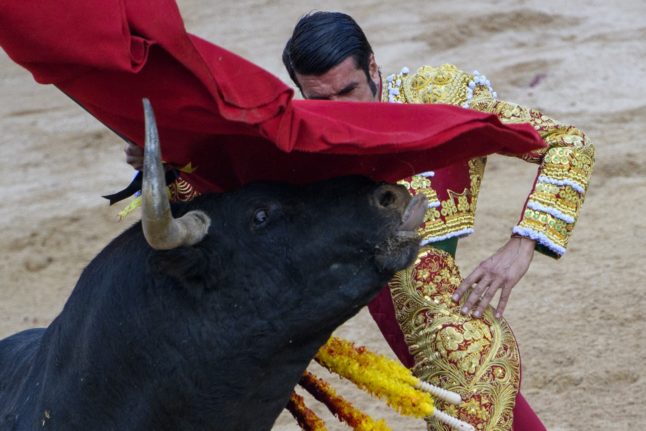Spain has more than a few traditions that are meant to bring good fortune and love, and all of them can be upheld even if this New Year’s fiesta is just in the company of close friends and family.
12 lucky grapes
As midnight approaches on New Year’s Eve, everyone across Spain will be clutching a very important talisman: 12 grapes to bring luck and fortune throughout the coming year.
It’s essential for each grape to be popped in the mouth on the dong of each stroke of midnight, no mean feat when you are surrounded by giggling friends in a crowd of people.
To make things easier, supermarkets sell cans containing 12 small, seedless grapes, perfect for popping in your pocket and keeping them to hand wherever you decide to celebrate.
READ MORE: Why the Spanish see in the New Year by gobbling up 12 grapes

Toast with cava
Of course, all of Spain raises a glass of Cava to toast in the New Year (Once the grapes have all been gobbled) and tradition has it that for that extra chance of the year ahead bringing prosperity, drop a gold object into the glass before the toast.
A gold wedding ring or gold coin will do the trick, but if it’s love you crave, some say dropping in a red fruit such as a strawberry or raspberry will make sure you meet that special person.
Remember – for the charm to work make sure to down the cava in one gulp.
READ ALSO: Seven great Spanish tipples to enjoy over Christmas

Wear red underwear
Talking of love, the only surefire way of Cupid shooting an arrow in your direction during 2023 is to make sure you are decked out in red underwear to see in the new year. Some say that it only works if the undies are a gift, while others firmly believe you have to give them away before daybreak if the magic is to work.

Start the year on the right foot
In Spain, tradition dictates that you literally have to start the year on the right foot. And that means not only taking the first step after midnight with your right foot but putting your right foot forward for every important first that day whether it be stepping into your house when you come home from New Year’s Eve celebrations and stepping out in the morning.

Eat lentils
In certain parts of Spain a dish of hearty lentils is eaten on New Year’s Day. It isn’t just great for the hangover, it’s also said to bring you luck. Normally served in a stew with chorizo, the lentils are said to represent small coins, designed once again to bring wealth and prosperity in the year ahead.
READ ALSO: The essential A to Z of Spanish Christmas vocabulary




 Please whitelist us to continue reading.
Please whitelist us to continue reading.
Member comments